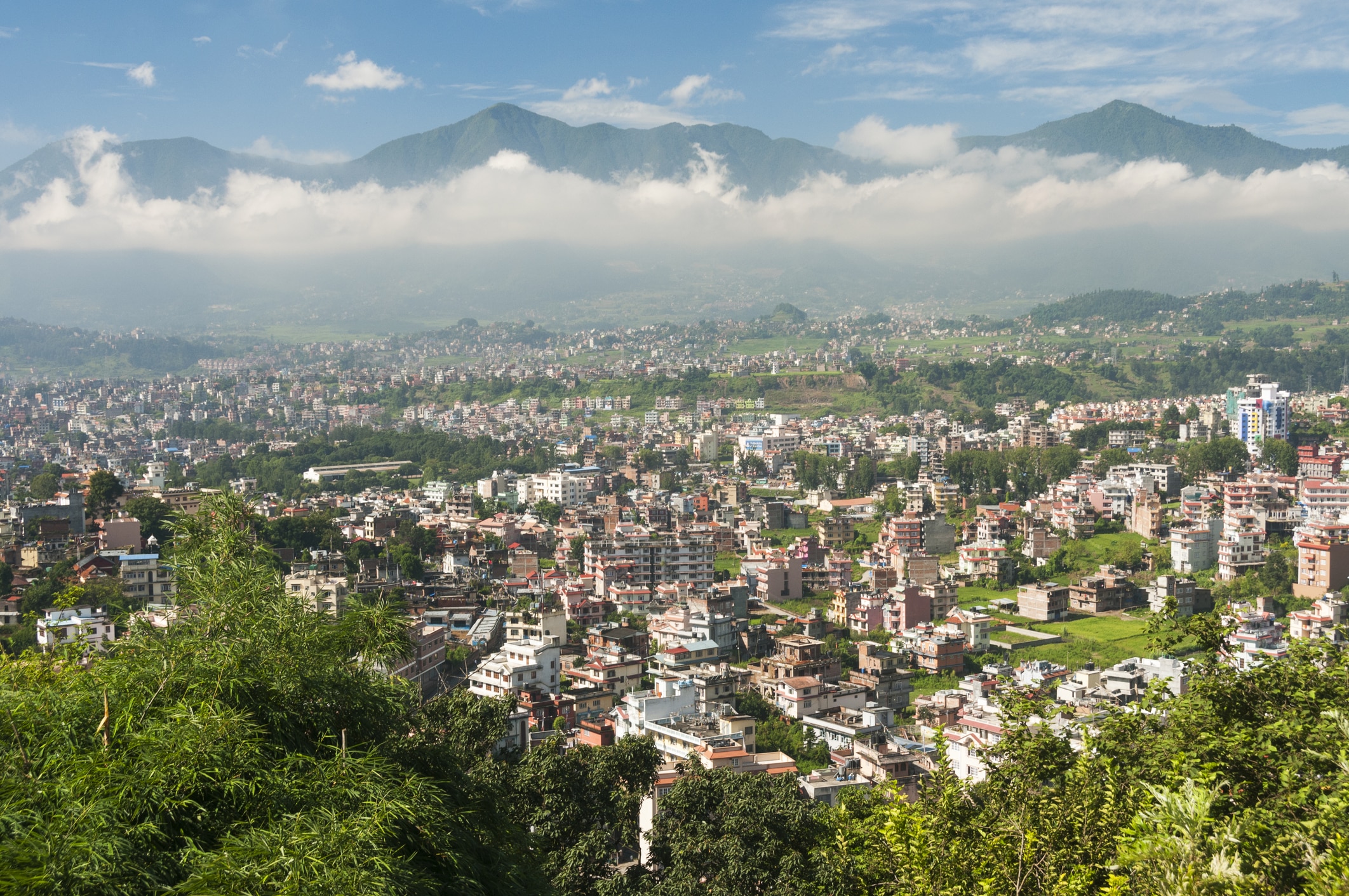‘Sustained crisis’. I came across this terminology in a Harvard Business Review article recently, and it immediately struck a chord with my struggles running my company and also with what I see in the world around me.
The Covid-19 pandemic was a global crisis that came out of the blue, and we were all in it together. It did not matter which country we lived in or what our backgrounds were. It was a common fight.
But post-pandemic, we are dealing with a world that has become economically volatile for varying reasons, and it is becoming clearer that each country will first protect its own people and its own interests. Likewise, it has hit the interdependence of certain structures with a fragility like never before. And this has not abated since 2020.
For countries that are largely donor-dependent for their development needs and for humanitarian aid spending, vulnerabilities have increased. The aid narrative comes with its own politics and interests.
Several studies point to the fact that foreign aid is not as generous as it used to be.
In 2022, Ukraine accounted for a large chunk of foreign aid. And now many donor countries are facing pressures of their own from the post Covid-19 economic downturn to geopolitical vulnerabilities and political instabilities that have persisted over a long time.
Developing economies struggle with unsustainable debt burdens, rising food costs and liquidity crises. It is estimated by the World Bank that 7% of the world’s population will still be living in poverty by 2030.
For entrepreneurs in many countries, the ecosystem has changed significantly. Inflation persists and markets continue to shrink. Doing business has become costlier and more complex and negotiating the scale of challenges more difficult.
With increased advanced technological interface in business operations, the ecosystem demands a different resilience that government and business leaders must adopt and adapt to at a faster pace.
The common man is forced to navigate his needs confronted with higher prices, declining savings, more borrowing and employment loss.
In Nepal, where I am, the middle- and lower-income demographic is struggling with job cuts, unpaid salaries, cutdown on consumer expenditure and access to loans. There is a relentless outflow of Nepali youth entering the international labor market. The country’s central bank macroeconomic report shows that in the first 10 months of the current fiscal year, the government has issued permits for over 660,000 Nepalis to work abroad. This number excludes Nepalis going to India for work and the migration of students.
When young people see no future to build their lives in their country, it hurts the productivity and pride of the nation; but there is nothing to hold them back.
A crisis response is effective within a contained timeframe but when there is a prolonged state of crisis, the response needs to be inspired by a wider and more inclusive approach.
I ask what then is the lifeblood that will enable countries to navigate what is now a sustained crisis? Can countries do it alone?
Does this mark the departure of multilateralism? Why are the terms ‘deglobalization’ and ‘dedollarization’ increasingly making the rounds of panel discussions and economic reports?
The lifeblood perhaps lies in our ability to pause, reflect and continue. I believe that sustained crisis can only be overcome by sustained action. However, action must come from deeper values of integrity, innovation and compassion in the unfolding world order. It requires leaders – government and business – to be focused, flexible and decisive. Economic growth and social progress must be given equal emphasis. It requires citizens across the world to be more aware about their choices and actions. This is, perhaps, each one’s obligation and opportunity to create a meaningful world.
A writer-photographer from Nepal who keeps the values of freedom and compassion at the core of her work
